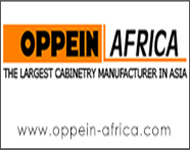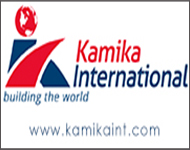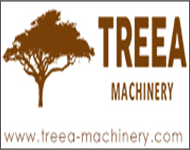- Ethiopia Breaks Ground on Africa’s Largest Aviation Construction Project
- Groundbreaking Ceremony Marks Start of Sh50 Billion MTRH Construction Project
- TANROADS-World Bank Alliance Powers Massive Road and Airport Upgrades Across Tanzania
- Kenya Breaks Ground on Sh5 Billion China-Kenya International Commerce Center in Nairobi
- Construction Begins on $2.15 Billion Uvinza–Musongati Railway Project
- Kenya Secures Chinese Funding for Sh5 Billion Nithi Bridge Reconstruction
- Construction Nears for ELCT Facility Backed by Samia’s 250 Million Boost
- KeNHA Kicks Off Construction of Major Kenya-South Sudan Road Project with AfDB Support
- Tanzania Government Allocates 100 Billion Shillings for Bridge Constructions in Lindi
- $46 Million Deal Signed for Crucial Isiolo-Mandera Road Construction Project
Acsa seeks construction partners for African projects
THE Airports Company SA (Acsa) is looking to partner with construction companies in SA and in Africa in a bid to increase its footprint in Africa and diversify its mainly aeronautical revenue sources.
Posted on : 30 Nov,-0001
Buildmart is Africa's leading directory and market news website for the building and construction industry | Kenya | Tanzania | Rwanda | Ethiopia
Exhibitions In Africa
- 27th Buildexpo Kenya 2026
KICC, Nairobi, kenya
08 - 10, July 2026 - 11th Afriwood Kenya 2026
KICC, Nairobi, kenya
08 - 10, July 2026 - 11th LightExpo Kenya 2026
KICC, Nairobi, kenya
08 - 10, July 2026 - 10th Minexpo Africa 2026
KICC, Nairobi, Kenya
08 - 10, July 2026 - 27th Buildexpo Tanzania 2026
Diamond Jubilee Expo Center, Dar-es-Salaam, Tanzania
23 - 25, Sep 2026 - 10th Afriwood Tanzania 2026
Diamond Jubilee Expo Center, Dar-es-Salaam, Tanzania
23 - 25, Sep 2026 - 10th LightExpo Tanzania 2026
Diamond Jubilee Expo Center, Dar-es-Salaam, Tanzania
23 - 25, Sep 2026 - 10th Minexpo Tanzania 2026
Diamond Jubilee Expo Center, Dar-es-Salaam, Tanzania
28 - 30, Oct 2026





















